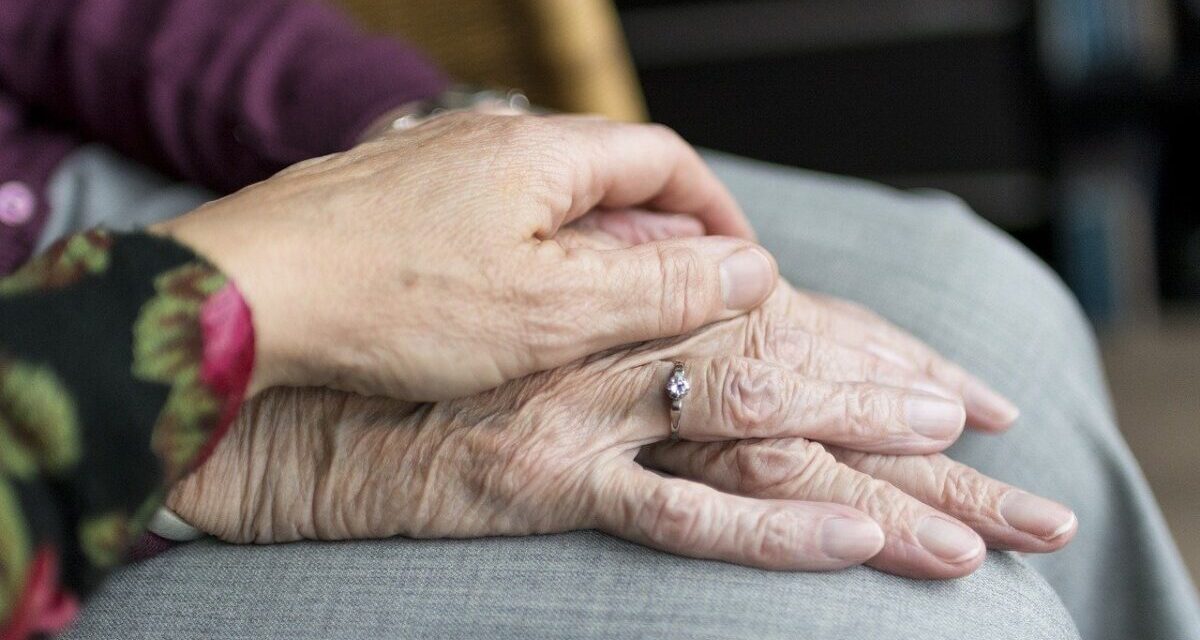Well, it's here, it's the stomach-churning third of April, Hungary is voting. Did we wait? We waited. We were excited, anxious, hopeful, enthusiastic, doubted, hopeful, believed, wanted. We decide today.
I call my mother from Fidesz, I tell her that today is no different from the others. Eighty years old, you need stability, predictability, and a system. Put the broth there, peel the vegetables, feed the parrots, water the flowers. Vote for Fidesz. Do everything as usual.
We will talk in the morning, after we have both voted, we will fly back into the past and recall the 1947 elections. My mother was five years old then, she can't remember it, but she was forced to bear the consequences. My grandfather hated the communists, they took what little land he had, all that was left was the backyard, they were as poor as a church mouse. Floor sweeping. In the morning, my seven-year-old mother and her brother drove cattle out of their street for the herd walk in the village to help the family. Warming up, before school. He remembers this well.
***
75 years ago, an election took place in Hungary, which in many respects determined the attitude towards voting, parliamentarism and democracy in the following years. It was the choice that took away faith, the belief that we can influence our destiny; it all happened with obvious fraud, lies and hundreds of thousands of fake votes, right in front of our eyes. Two years later, in 1949, for the first time in the history of Hungarian parliamentary elections, it was possible to vote for only one list - it's not difficult to choose from a list, right? In 1947, however, there were still ten lists, ten parties ran in the elections, at that time people still had faith and hope - in the opinion of many a vain hope - that they could influence their destiny.
The communists cooperated with the allied parties, but their goal was still their liquidation. In 1946-47, Rákosi successfully silenced the small farmers with coup-like attempts and stigmatization and called for early elections, preferably until the country was legally sovereign, and the Soviets hinted that this date would be September 15, 1947. Thus, the elections were scheduled for August 31, but the communists were worried about even worse results - they weren't very popular, after all - Rákosi therefore decided that, since the gates of democracy had been opened too wide, a new suffrage law was needed, the aim of which was to strengthen the right to vote citizens with the following labels: fascist, archer, mentally ill, churchgoer, living an immoral life.
The burden of proof was not on the accuser, but on the accused, i.e. non-existent things should have been proven.
At least 600,000 people were excluded from the elections in this way, in addition to those who were already excluded in '45, who were really archers. Of course, this only applied to the leaders, because if all arrows were excluded, then "who will vote for us, comrades?" they could have asked. So they needed the small arrows.
***
A register extract still exists today, if someone is not at their place of residence on the day of the vote, they can vote elsewhere. It wouldn't have been a problem if the administration had found as many blue tickets as there were people removed from the list. But fake, filled-in blue tags were printed, a lot, we don't even know how many today, there is no data on this. However, we do know that on the eve of the election, a printer called the center of the Social Democratic Party saying that they were printing a large number of blue slips - they estimated 500,000. On the morning of August 31, 1947, the day of the elections, it became clear already in the morning that something was not right, something was happening that had never happened in Hungary before - mass fake votes were cast.
Although it is hardly possible to find anything on the subject in the archives, in Mihály Farkas's material - not related to the elections - by chance, thanks to a piece of paper stuck together, it was still possible to find the entire scenario, according to which 12 thousand people had to cast 208 thousand fake votes. For this, roughly 17-20 blue cards were needed in each pocket, issued in the same name, of course, because it would have been more complicated to forge an identity. It required serious equipment to fill out, but also to execute.
Obviously, they didn't tell you to go cheat, but to help people's democracy, to serve a good cause, and there were even a few bottles of wine on the platform of the car.
But in order to avoid failure, the request was that the votes should not be cast in villages next to each other. Of course, the good communists did not go to the other village, nor did they care if the votes were cast in the same village, in a different voting district, so by morning the fraud became clear throughout the country.
Because a good communist overachieves, they obviously smelled Stakhanov's scent even then.
But even so, they received only 300,000 more votes than in 1945.
***
And what was the final result? Well, it did not justify the expectations of the communists, and the forecast was accurate in that their own result would be 98-100 mandates. Of course, there were 100 mandates, it would not have been appropriate to scrub the plan from the bottom. At the same time, the election was a huge slap in the face for the Rákos, because they failed to liquidate the parliament, and the Socdems became hysterical because they cheated on them, but the small farmers were also upset. The Communists became the strongest party with 22%, but what can be done with this if the allies defect and join forces with the opposition? That is why the elections did not end on August 31. Rákosi did not accept the numbers for a moment, he even said on the night of the election that "this result must be corrected". And his answer to why such a result was reached was because "the Hungarian people are not democratic enough."
It is clear that anyone who did not vote for them cannot be a democrat! Familiar? Unfortunately, this mentality did not disappear either in '49 or '90, and many people still feel that only the democrats who vote for them.
***
The blue card voting in 1947 had an impact on the first free election in 1990, where only 64% of the citizens showed up. They were like - why?
But it also influenced those who committed it, thinking that it is possible, free, and even necessary to lie! For the sake of a "good" goal... And this was not simply ingrained in an entire generation, but also produced a type of person that cannot be gotten rid of, even with a change of regime.
This takes a very long time, but it seems that even 75 years was not enough to eradicate the kind of mentality according to which anyone who does not vote for us cannot be a democrat.
***
Would time have stopped? Go vote!
Photo: Pixabay












